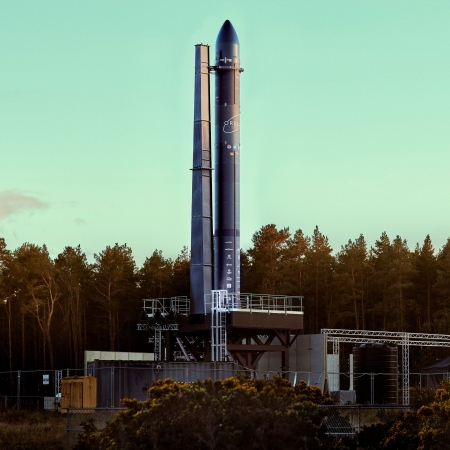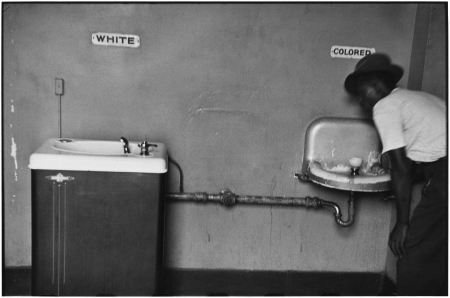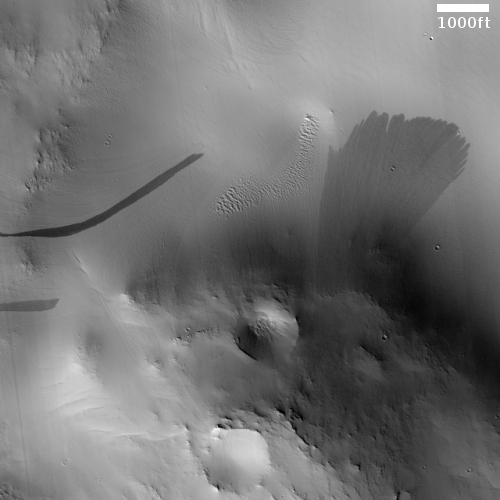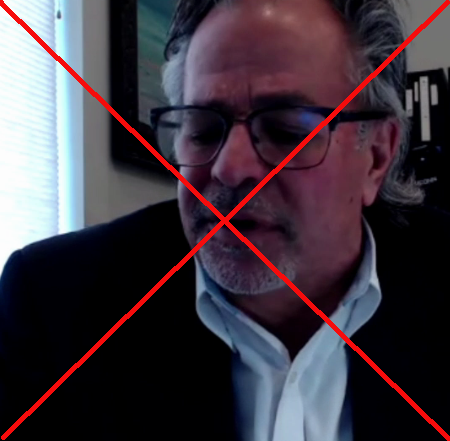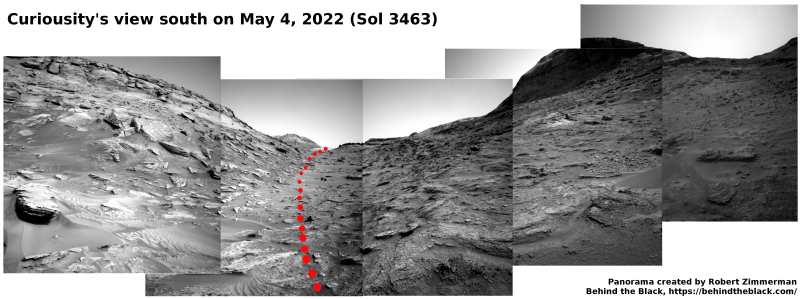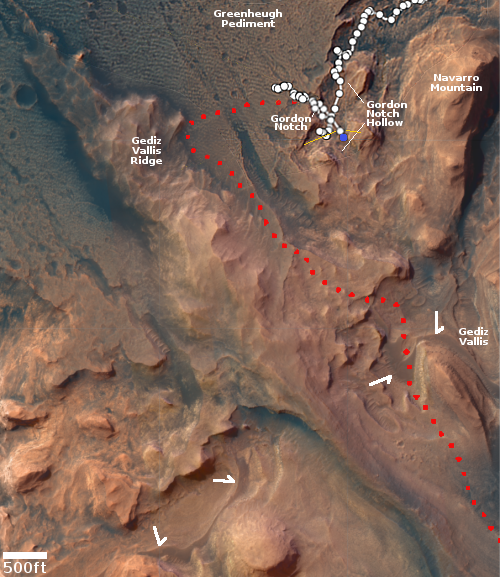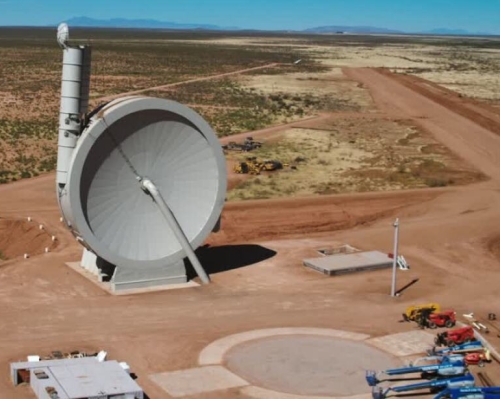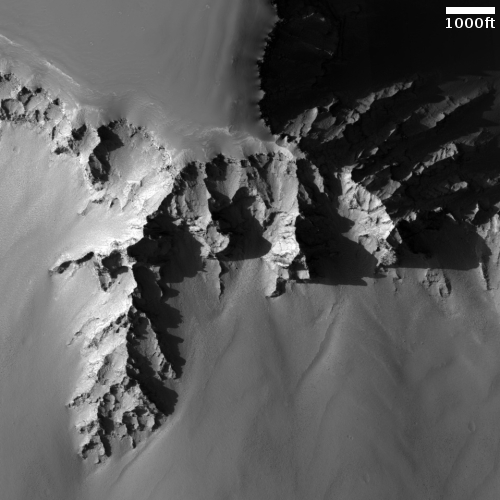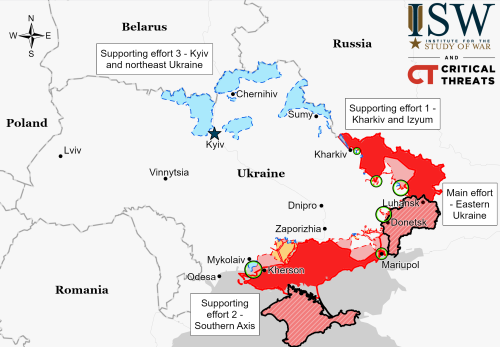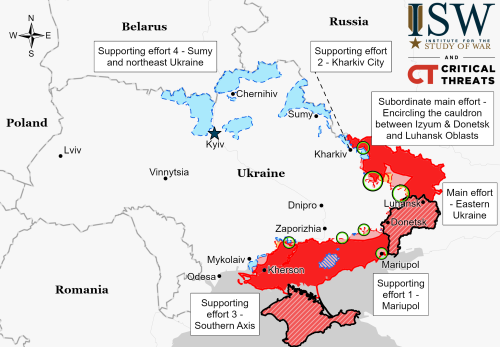Pushback: Arizona parents sue over school board’s attempt to silence and intimidate them

What the Scottsdale school board apparently thinks of your kids.
Today’s pushback story is another follow-up of an earlier blacklist story that I posted in November 2021. At that time several parents with students in the Scottsdale Unified School District (SUSD) had discovered that the then school board president Jann-Michael Greenburg had, with the aid of his parents, compiled a secret Google drive containing personal information of 47 parents, including social security numbers, financial information, pictures of themselves and their children.
The discovery occurred because Greenburg had begun using this information to intimidate the parents — who had been protesting the school board’s mask mandates and the introduction of the racist critical race theory into the curriculum.
Three of those parents are now suing Greenburg, his parents Mark Alan and Dagmar Greenburg, and the Scottsdale school district.
» Read more

What the Scottsdale school board apparently thinks of your kids.
Today’s pushback story is another follow-up of an earlier blacklist story that I posted in November 2021. At that time several parents with students in the Scottsdale Unified School District (SUSD) had discovered that the then school board president Jann-Michael Greenburg had, with the aid of his parents, compiled a secret Google drive containing personal information of 47 parents, including social security numbers, financial information, pictures of themselves and their children.
The discovery occurred because Greenburg had begun using this information to intimidate the parents — who had been protesting the school board’s mask mandates and the introduction of the racist critical race theory into the curriculum.
Three of those parents are now suing Greenburg, his parents Mark Alan and Dagmar Greenburg, and the Scottsdale school district.
» Read more


